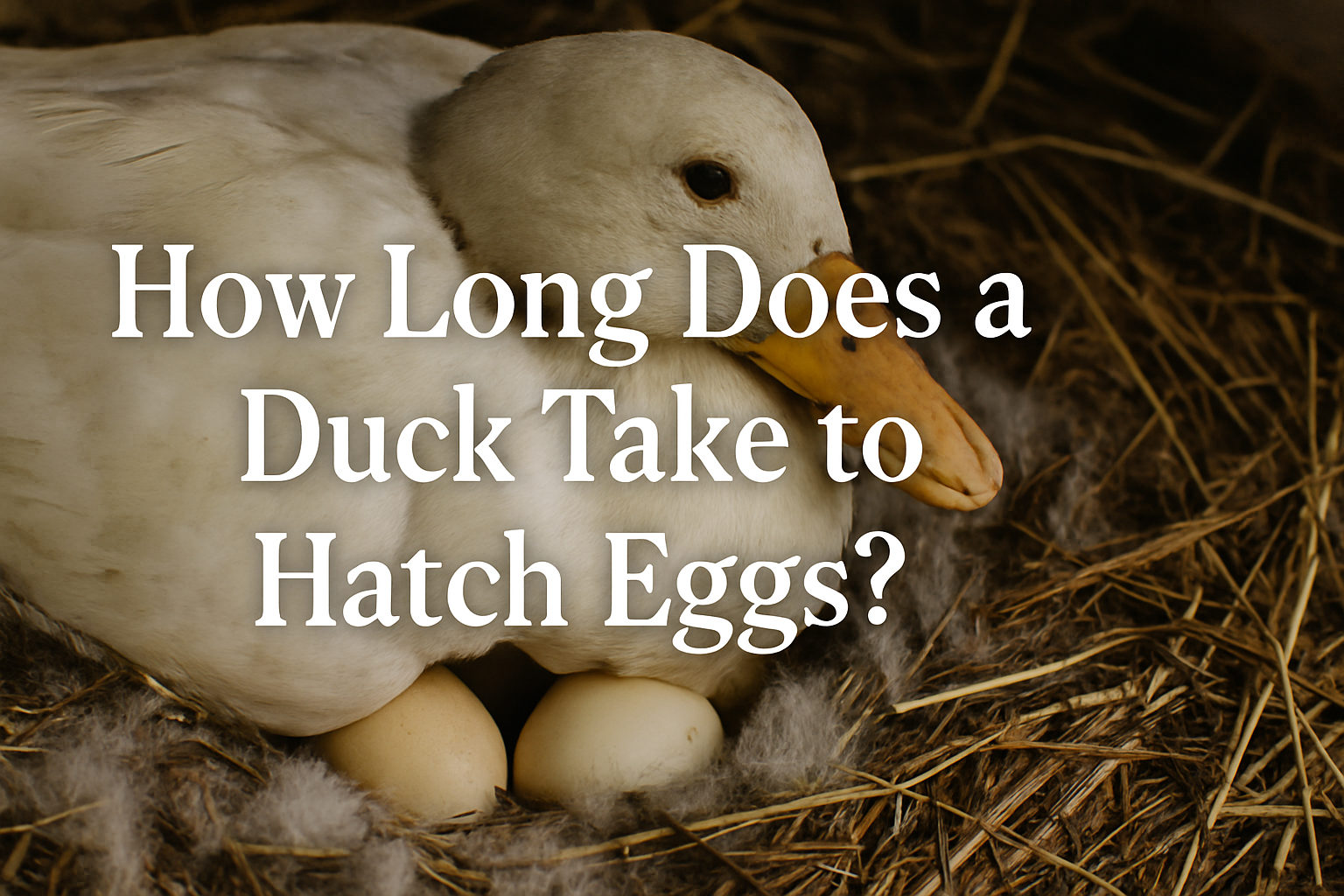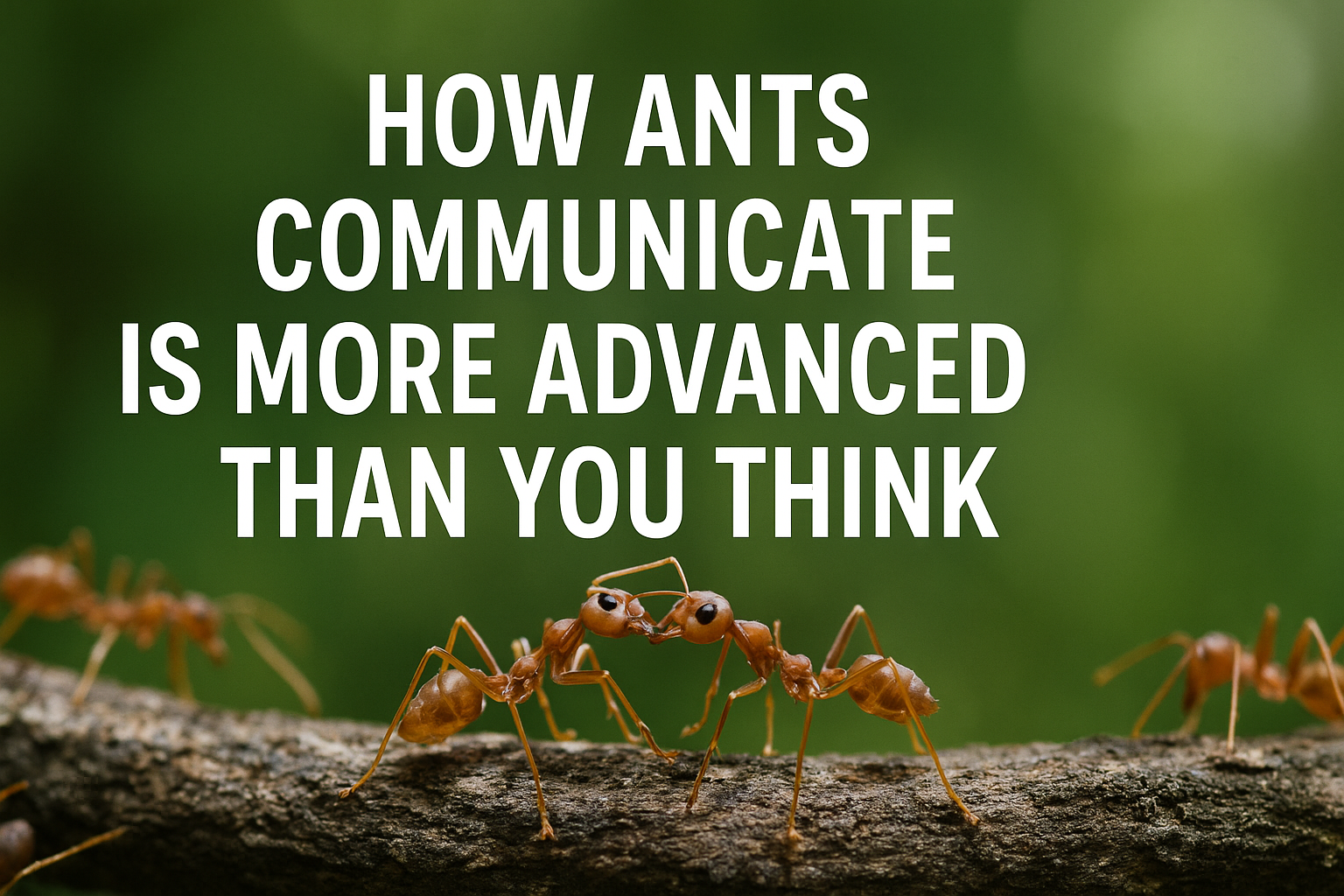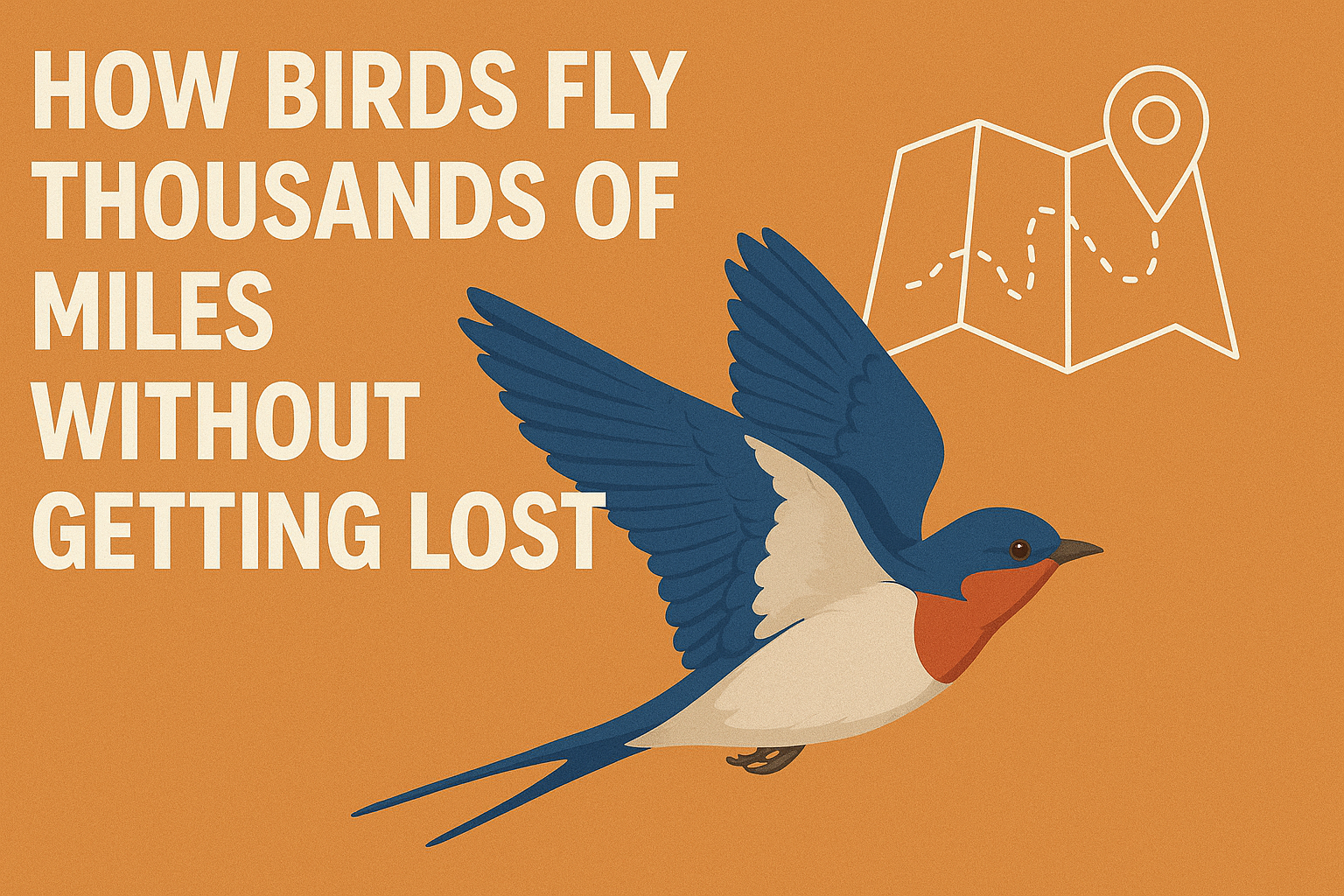Ducks are so interesting animals who have an exotic presence in the ponds and wetlands. Hatching of eggs is one of the most interesting parts of a life cycle of the duck. You might be a backyard keeper of ducks, a student doing a research about biology or just an animal lover, but knowing how long it takes a duck to hatch eggs can tell much about habits, behavior, and biology of these waterfowls.
In this paper we shall discuss about the time of duck eggs incubation, conditions that affect time of hatching, difference between wild and domestic ducks and answer some of the frequently asked-questions concerning duck reproduction and egg laying behavior.
Normal Duration of the Duck Eggs Incubation
It usually takes 28 days before most of the ducks species hatch their eggs after having started an incubation process. This is more of an average when considering the fact that there might be differences on the exact period when some species do it. As an example, Mallards which are among the most common species of ducks require 28 days to hatch eggs to the teeth. Nevertheless, Muscovy duck that slightly differs to other species of duck can take 35 days to hatch.
The incubation starts after the duck is done laying her entire clutch of eggs and settles on those eggs regularly so as to ensure that the eggs are incubated. It is worth mentioning that not every egg that can be found at ducks is immediately put under incubation. The eggs are usually put in the nest one by one, until all the nest is full then the ducks start the business of incubation which means all the eggs would come out at once.
The reasons that may influence the hatching time
Even though the average incubation period in the duck lasts about four weeks, there are numerous factors that may influence the actual duration that the duck eggs would take to hatch.
Species Variation
The incubation needs of various species of ducks vary with species. All of the Mallards, Pekins and Khaki Campbells usually run by the 28-day rule except there is an exception which is the Muscovy whose incubation period is 33 to 35 days.
Humidity and Temperature
Incubation is very sensitive with the environment. To ensure successful hatching temperature should be about that of 99.5 deg F (37.5 deg C) and the humidity should be approximately 55-60 percent with a build up towards the end of incubation period to about 65 per cent. The hatching can be delayed or unsuccessful when there is too low temperature. On the other hand extreme high temperatures may cause premature or failure of hatching.
Natural Natural vs. Artificial Artificial
When a mother duck (hen) does sit on her own eggs, she not only turns them frequently and intuitively controls both the temperature and the humidity as well by her body heat and motions. When incubating artificiality with the help of incubator, the proper conditions are to be maintained. Missing the eggs rotation several times per day or managing the level of humidity could affect the growth of the embryos and stop or postpone the hatching.
Fertility and eggs quality
Not every egg of a duck is fertile and only when all eggs turn out to be fertile, they may grow into ducklings. The egg fertility, egg development speed, is also dependent on the factors, like health of the breeding a pair, age, and genetics. Weak and infertile embryos will never hatch at all irrespective of the incubation period.
Understanding Duck Behavior During Incubation
Protective mother ducks are very careful in the incubation. After the eggs have been hatched and that incubation process has started, it is unlikely that the bird will ever leave the nest again before taking a very short period to nourish herself, hydrate and to clean her feathers. This is the time in which it stays committed during the entire time of 28 days or beyond a species level.
The duck might show more restlessness as the eggs start getting close to hatched and this is because the duck feels the movement of the newly forming ducklings. You can hear even some peeping sounds inside the eggs during the last 2-3 days before the hatching.
So What Occurs During the last few days before hatching?
The last period of incubation is very essential. The eggs are not to be turned or moved during the three days that are referred to as lockdown period. The level of humidity must also be raised because it aids in softening of the eggshells hence easier breaking by ducklings as they pip through.
Pipping is the initial crack produced by the duckling when it begins the hatched process. It can take a total of 24-48hrs after pipping when the duckling will fully come out of a shell. They should wait as much as possible at this stage to be patient otherwise they rescue the duckling to his death.
Comparison of wild Ducks and cohorts in Hatching time
Incubation period of both wild duck and domestic duck tend to be very close. Nesting habit and success are however the main distinction. Ducks in the open find themselves at a greater risk of predation, adverse weather conditions and other environmental stress that manage to break the incubation process or even kill the nest.
Domestic ducks have greater hatching success, which is reasonable because they are reared at a controlled environment. Domestic ducks undergo a fairly smooth incubation process with proper care, clean nesting sites and are not assaulted by predators.
What would be Expected after Hatching?
After the hatching of the ducklings, they normally stay with the warmth of the mother during the first 24-48 hours as they dry themselves up and build their strength. Then they start following mother and the way to get food and travel in water is learnt by the mother.
Ducklings are precocial animals, which implies that they are born rather developed and mobile. They are able to walk, see and even swim within a very short period after birth but need the mother to show them the way and protection.
Common Problems During Hatching and How to Prevent Them
A number of things may go wrong in the incubation and hatching:
- The eggs that fail to hatch after 30 + days: They might not have been a fertile egg or the environment in which the eggs were being incubated is not right.
- Late hatching:This is occasioned by poor temperatures or poor embryos.
- Deformed ducklings: the consequences of the misbalance in the temperature or humidity during the development.
- Premature death within the egg: This is an indication of bacterial contaminations, crude treatment or poor hygiene during incubation.
Care of the eggs, maintenance of incubator (or nesting box), checking of temperature and humidity regularly are therefore necessary to avert all this.
Conclusion
What is so the time that it takes a duck to hatch eggs? The incubation period in most instances normally takes a period of 28 days although it may differ a bit according to the species of the germ, the environmental conditions and the ability to incubate. These facts are essential to know no matter whether you are a duck farmer in your backyard plot or just want to know how the nature operates.
The hatching of the ducklings is a wonderful experience and an account of the fine tuning of bio-care. By taking the appropriate care and expertise, the process of the hatching of the ducks and the ducklings is always successful and healthy.




